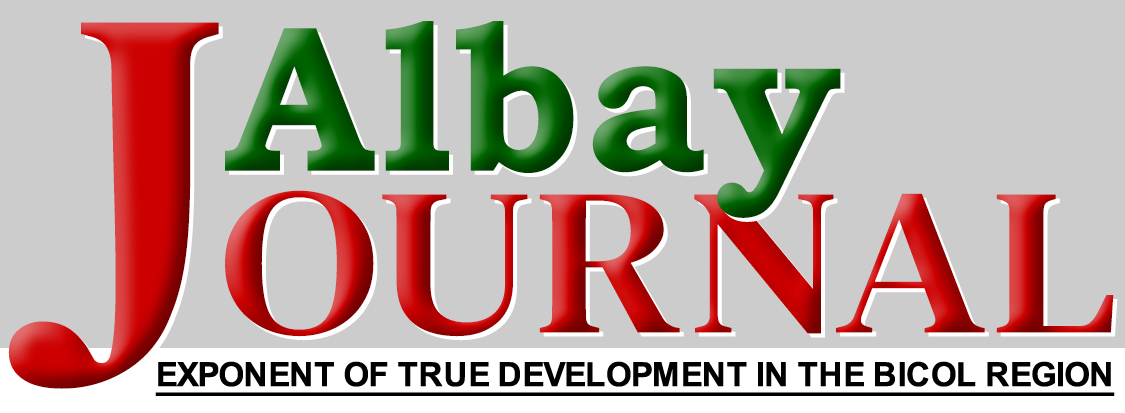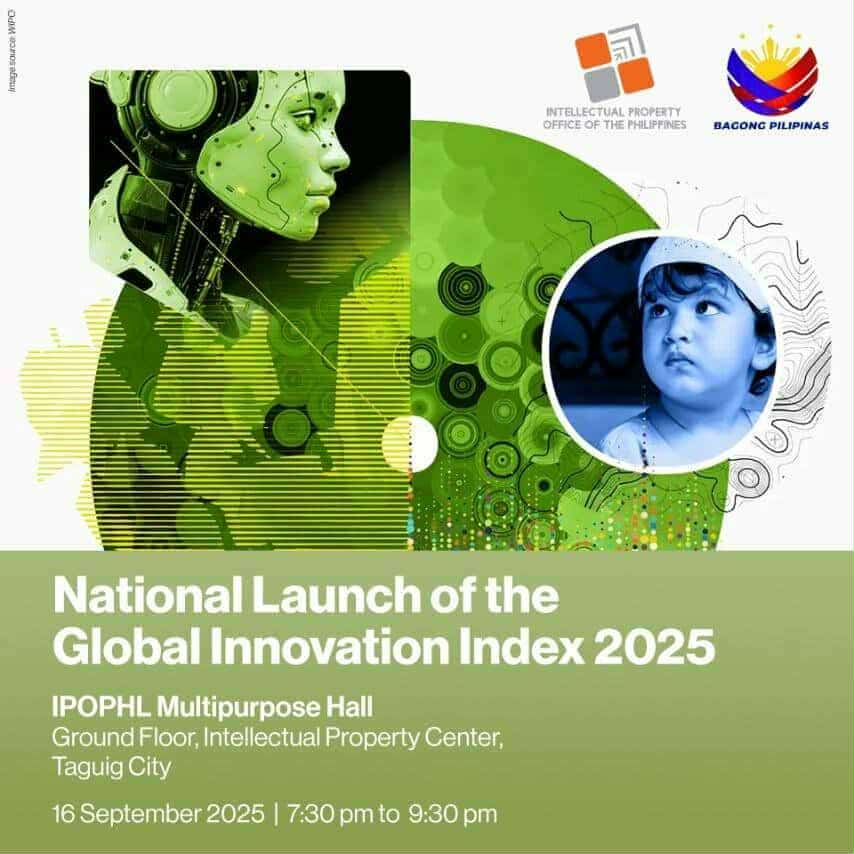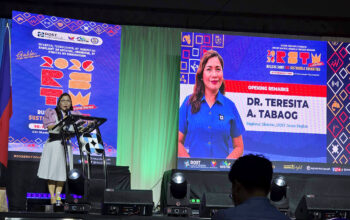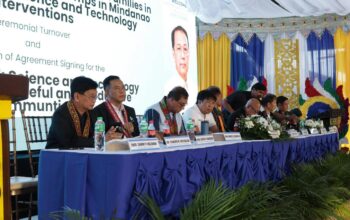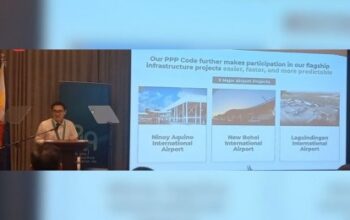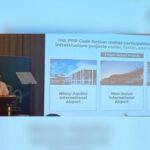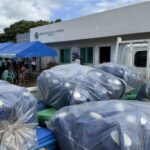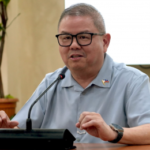Manila, Philippines — September 16, 2025 — The Philippines has reached a new milestone in global competitiveness, climbing to 50th place in the 2025 Global Innovation Index (GII)—its best performance to date.
The Global Innovation Index (GII), produced annually by the World Intellectual Property Organization (WIPO) and global partners, ranks over 139 economies based on innovation inputs—such as human capital, research and development (R&D), and institutions—and outputs, including knowledge, technology, and creative products.
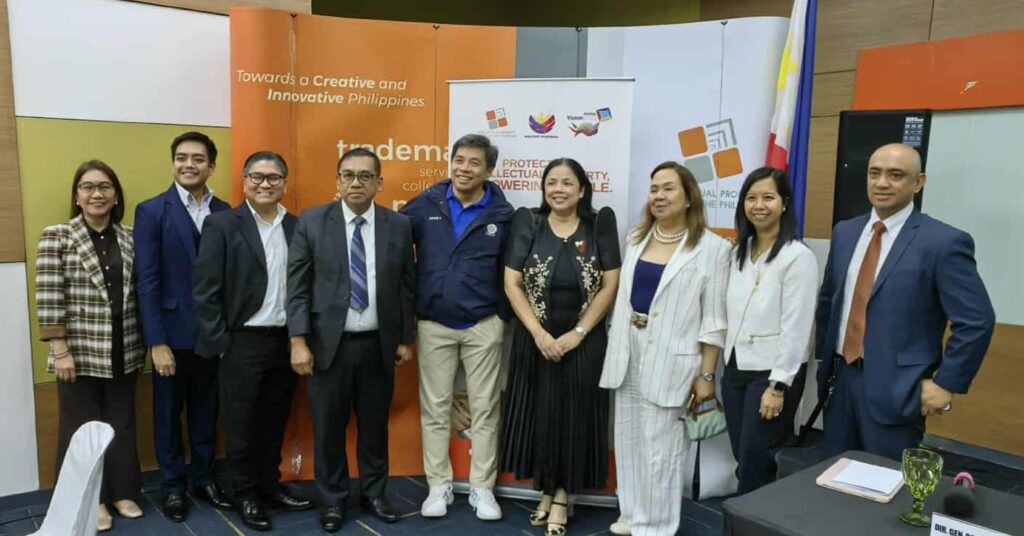
The Philippines has shown steady progress in recent years: from 59th in 2022, 56th in 2023, 53rd in 2024, and now 50th in 2025. The country also ranked 3rd among lower middle-income economies, underscoring its growing strength in science, technology, and innovation (STI) across Southeast Asia, East Asia, and Oceania.
At the core of this achievement is the Department of Science and Technology (DOST), which drives the nation’s innovation momentum by funding research, supporting talent, and linking enterprises to global markets. In the past three years alone, DOST has funded more than 3,000 R&D projects across 17 regions, advancing solutions in climate resilience, health, digital transformation, and advanced manufacturing.
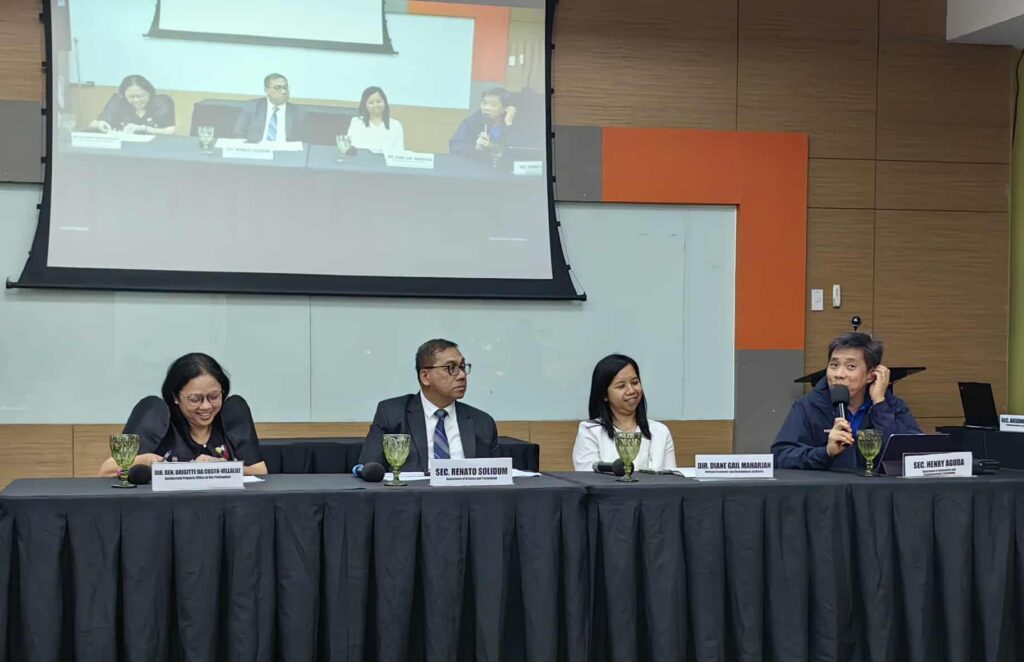
Equally crucial is talent development. DOST supports over 45,000 undergraduate and graduate scholars, while the Philippine Science High School System nurtures more than 6,000 young scientists annually, ensuring a strong pipeline of future innovators.
DOST also bridges research and enterprise through its Small Enterprise Technology Upgrading Program (SETUP), which has helped over 5,000 MSMEs modernize operations, while programs like PROPEL and the DOST-PCCI Business Technology Hub accelerate the commercialization of homegrown technologies and connect them to global value chains.
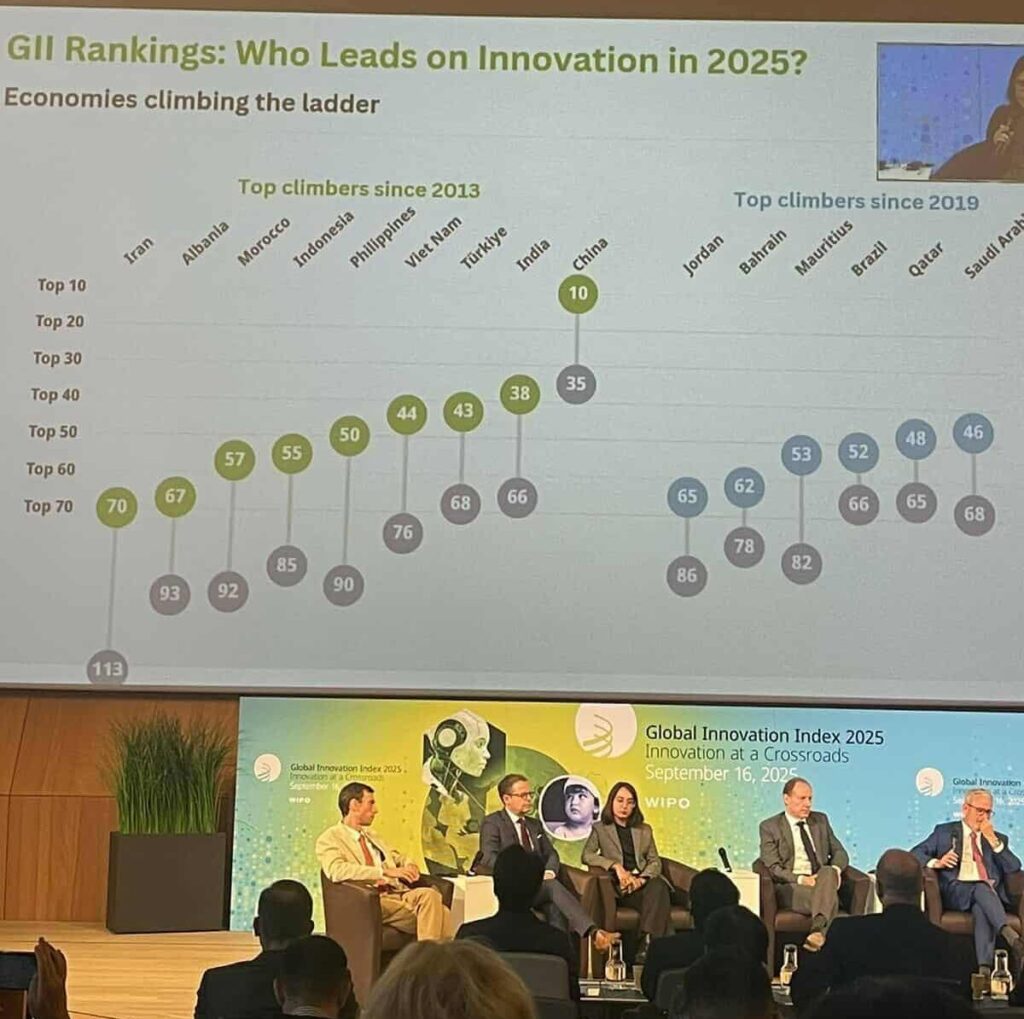
Looking ahead, the Department is steering investments into eight frontier R&D areas: Artificial Intelligence, Quantum Computing, Geospatial Analytics, Industry 4.0, Circular Economy, Smart Agriculture, Biologics in Pharmaceuticals, and Smart Technologies.
“Science, technology, and innovation must deliver solutions and create opportunities for every Filipino, our families and communities,” said DOST Secretary Renato U. Solidum Jr. “Our role is to ensure that research turns into real products, services, and industries that improve lives—from students and startups to farmers, workers, and entrepreneurs. Innovation is not just a national strategy; it is a shared promise of a better future.”
With this momentum, the Philippines is poised to further solidify its place as a rising hub of innovation in the global arena, with DOST at the helm of transforming research into impact. (Nelson Santos)
